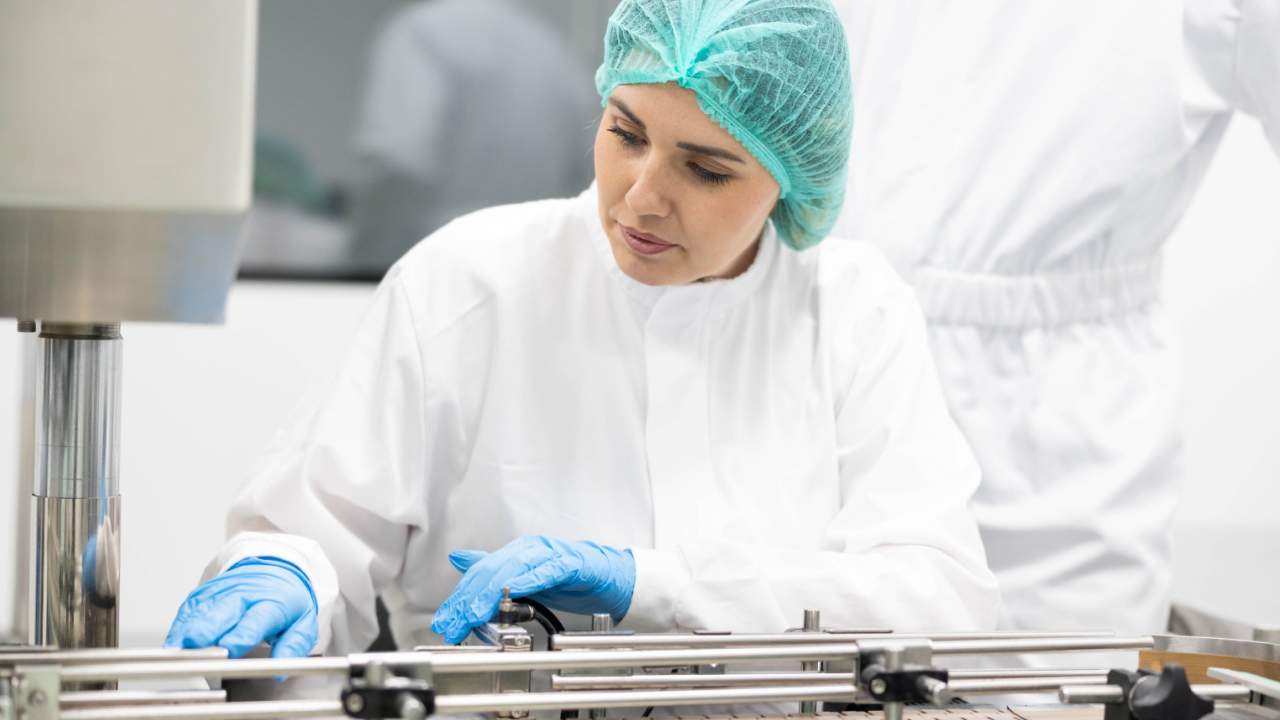Researchers at the California Institute of Technology have found that the symptoms of Parkinson’s disease may be associated with microbiota found in the human gut. The research – which was published in the journal, Cell – could eventually lead to the development of targeted antibiotics, or replenishing probiotics, aimed at treating the movement disorder.
Parkinson’s disease is a progressive disorder in which nerve cells in the brain begin to deteriorate, primarily affecting motor functions and movement. While the cause of Parkinson’s disease has yet to be elucidated, researchers believe a combination of genetic and environmental factors are involved.
In their study of Parkinson’s disease and the microbiome, the researchers used genetically engineered mice which over-produce alpha-synuclein, a protein associated with brain damage in Parkinson’s patients. Some of the animals housed a whole host of bacterial strains in their gut, while others were sterile mice, having never developed an intestinal microbiome.
The researchers found that only those animals with gut microbiota developed Parkinson’s disease symptoms, while the sterile mice remained unchanged. Further, when bacterial samples taken from patients with Parkinson’s were transplanted into the mice, those mice developed further neurodegeneration, compared to mice transplanted with bacteria taken from healthy individuals.
“This was the ‘eureka’ moment, the mice were genetically identical, the only difference was the presence or absence of gut microbiota,” Dr. Timothy Sampson, primary author on the publication, told BBC News. “Now we were quite confident that gut bacteria regulate, and are even required for, the symptoms of Parkinson’s disease.”
According to the researchers, these bacteria may be producing compounds which over-activate and damage certain parts of the brain. Many bacterial species found in the gut are capable of converting fiber from food into short-chain fatty acids. While these fatty acids are thought to be beneficial to colon health, an imbalance of these compounds could cause the brain’s immune cells – known as microglia – to damage other cells found in the central nervous system.
“We have discovered for the first time a biological link between the gut microbiome and Parkinson’s disease,” Dr. Sarkis Mazmanian, senior author of the study, told BBC News. “More generally, this research reveals that a neurodegenerative disease may have its origins in the gut and not only in the brain as had been previously thought. The discovery that changes in the microbiome may be involved in Parkinson’s disease is a paradigm shift and opens entirely new possibilities for treating patients.”
If these animal model results can be reproduced in human patients, the work could lead to the development of digestive system-based therapies for the disease. As the wide-spread role of the human microbiome on overall health has increasingly become apparent, any therapies would need to be targeted enough to avoid upsetting the species balance.
“In recent years, evidence has been growing that Parkinson’s may begin in the gut, but the chain of events involved has so far remained a mystery,” said Dr. Arthur Roach, from the charity Parkinson’s UK. “This work opens an exciting new avenue of study on the gut-brain connection in Parkinson’s. There are still many questions to answer, but we hope this will trigger more research that will ultimately revolutionize treatment options for Parkinson’s.”












Join or login to leave a comment
JOIN LOGIN